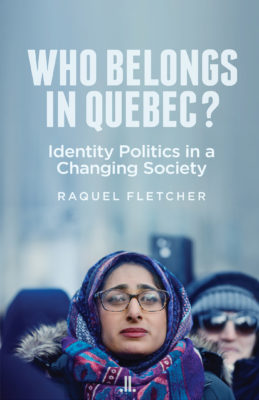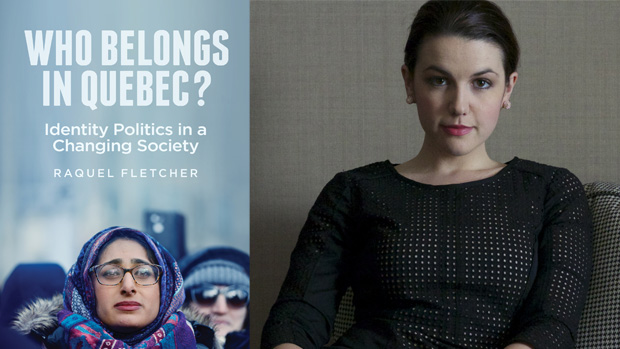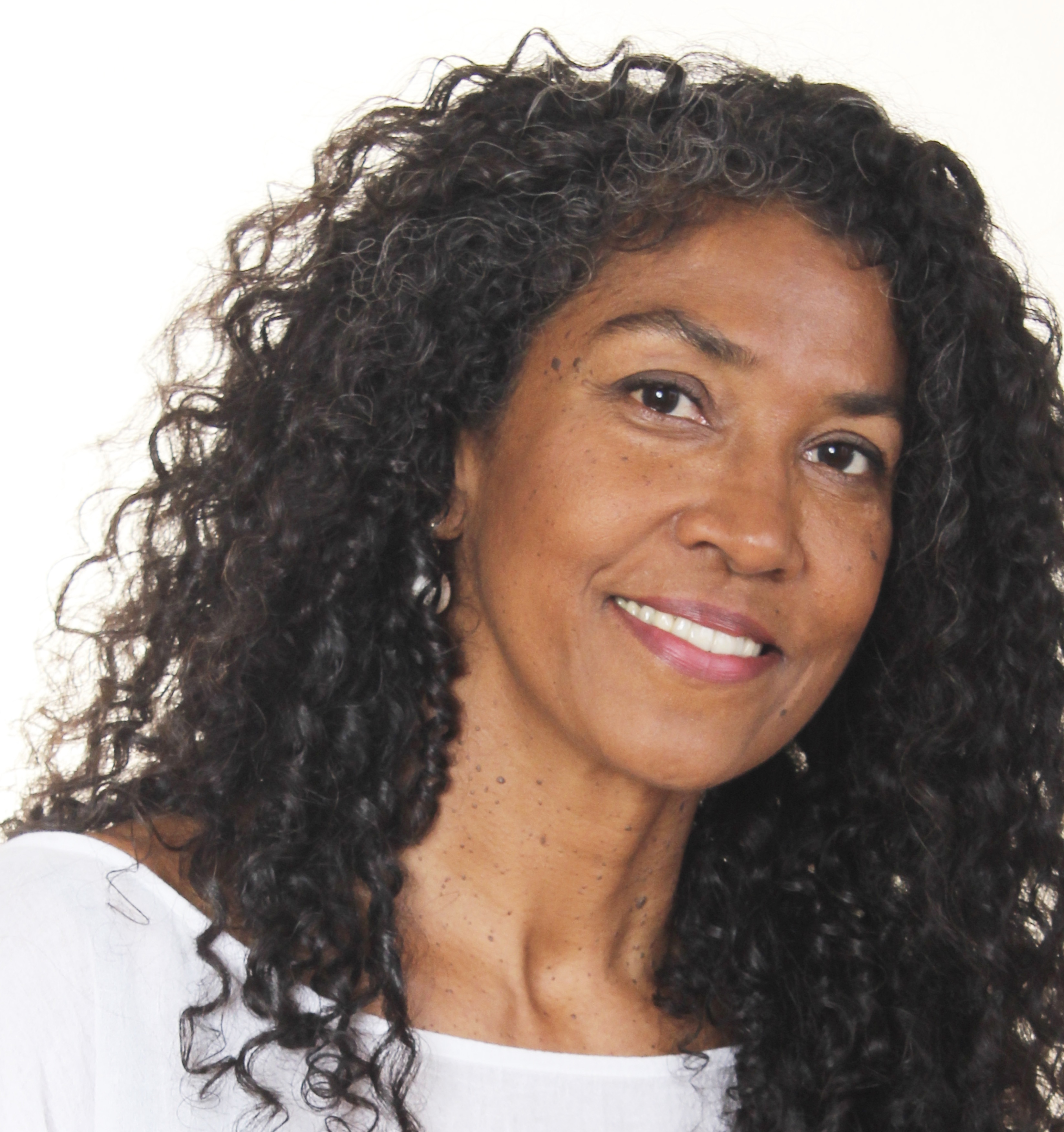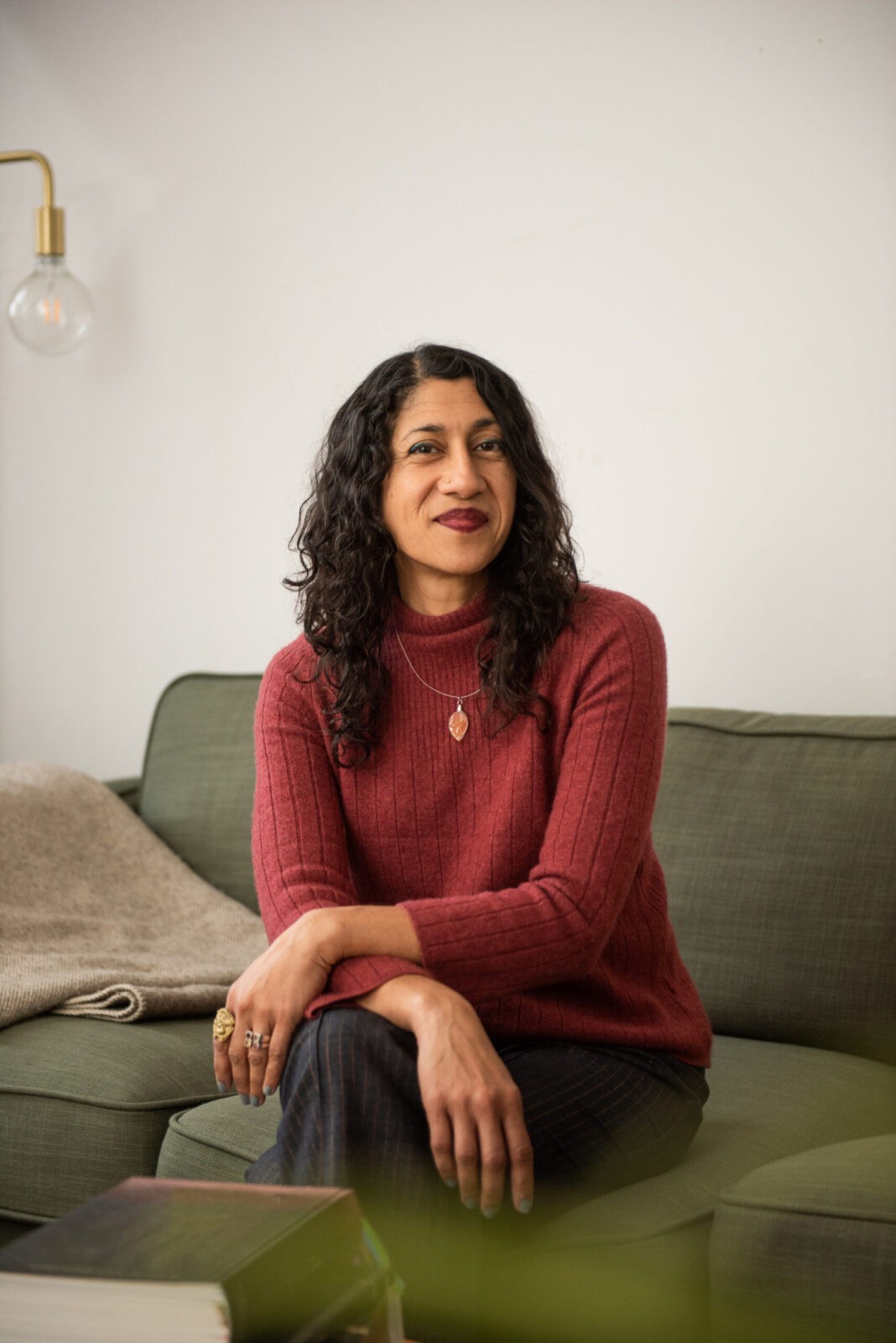On January 29, 2020, Quebec City’s Muslim community welcomed politicians and the public to commemorate the anniversary of the 2017 Quebec City mosque shooting. Three years later, people and communities have come to know each other better, but the healing process remains incomplete and underlying tensions unresolved. In the words of the president of the Quebec City Islamic Cultural Centre, Boufeldja Benabdallah, “We will know true healing the day all of us are considered full-fledged citizens.”
His remarks raise two questions – who gets to be a full-fledged Quebecer, and who sets the terms of the debate? – that are at the heart of a new book by Raquel Fletcher, a Saskatchewan native who moved to Quebec City in 2016 to work as National Assembly correspondent for Global TV News.
Who Belongs in Quebec?: Identity Politics in a Changing Society closely examines recent political developments and landmark events in Quebec, including the 2018 election of the Coalition Avenir Québec (CAQ) majority government, debates around Quebec’s Charter of Values, and the secularism law, Bill 21. Looming at the book’s centre is the mosque shooting, when young Quebecer Alexandre Bissonnette killed local residents Ibrahima Barry, Mamadou Tanou Barry, Khaled Belkacemi, Aboubaker Thabti, Abdelkrim Hassane, and Azzedine Soufiane at their place of worship.
In conversation, Fletcher explains how, as a journalist at the eye of this storm, she was inspired to write the book because she felt that “a lot of nuances get lost in the English-language media outside Quebec.”

Who Belongs in Quebec
Identity Politics in a Changing Society
Raquel Fletcher
Linda Leith Publishing
$18.95
paper
120pp
9781773900568
Who Belongs in Quebec? opens with the 2018 Quebec election, after which Premier François Legault’s government quickly introduced Bill 21 and another controversial bill to reform Quebec’s immigration system, limiting immigration numbers and imposing a values test. Fletcher connects the CAQ victory to the election of Donald Trump and an international rise of populism and intolerance. She quotes John S. McCoy’s observation that, with “a more ethnically rooted vision of national identity,” Quebec has never embraced multiculturalism in the same way as other parts of Canada. Yet as the province faces global changes, both government and population appear to feel a growing need to redefine concepts, like secularism, that seemed happily settled a decade ago. As Fletcher writes:
Quebec is at a crossroads. I sometimes think of it as a second Quiet Revolution. Does the province want to become a major economic player on the international stage, a diversified market that invests in innovation and attracts talent from all over the world? Or does it feel threatened by that very prospect?
Over coffee, Fletcher says she finds Quebecers to be personally “open to newcomers. But there is a level of fear around how they are integrating.” Her book ably examines how political parties and the media have blown on the “embers of intolerance,” and how the notion of secularism – which means very different things to different people – came to dominate political debate.
“It’s one thing to expect immigrants to share our values,” she says, “but to do so we have to first answer the question: ‘What are our values?’” And the debate around this, she notes, too often resembles a roomful of people talking over each other instead of listening.
In a substantial section dedicated to the mosque shooting and its aftermath, the voices of victims’ families provide poignant moments. Megda Belkacemi, the eldest of the seventeen children who lost their fathers, wonders, “how could a man who’s the same age as me, that grew up in the same city as me, who has a similar education to me and whom I could have known… how could this person kill my father and five other fathers?”
It’s a question with no good answer. But Fletcher shows, in excruciating detail drawn from her and her colleagues’ coverage, how an awkward, bullied teen becomes a mass murderer. Particularly chilling is forensic evidence from the shooter’s computer showing which sites he visited, and when, in the lead-up to the killing:
He read stories about Donald Trump’s Muslim ban […] Then he jumped over to Facebook and looked at the page of far-right French presidential candidate Marine Le Pen […] At 5:28 p.m., he looked at a tweet Justin Trudeau had sent in response to Trump’s travel ban, welcoming refugees and other immigrants to Canada […] Bissonnette later told the police interrogator, that tweet made him “lose it.”
Many have suggested that the media and particularly “trash radio” bears some responsibility for both passive Islamophobia and violent hate crimes. Fletcher’s book goes further, demonstrating the minute-by-minute process whereby a socially isolated, mentally imbalanced, and armed young man had his brain addled by social and traditional media, along with alcohol.
Later chapters show how identity, immigration, and nationalism took centre stage in the 2018 election, and how the victorious CAQ moved swiftly to pass Bill 21, which bans wearers of “religious symbols” from public-sector jobs like police officer and teacher. In theory this legislation applies equally to all religions; in practice it’s hard to deny that it disproportionately targets groups such as Muslim women. Fletcher reports that both feminist umbrella group Fédération des femmes du Québec and left-wing political party Québec Solidaire at first favoured secularism legislation, but changed their stances in response to possible antifeminist repercussions. Both Charles Taylor and Gérard Bouchard, who led the 2007 parliamentary commission to study the issue, also changed their views and opposed Bill 21.
Fletcher ends on the broad question of national identity. She tells me that she finds the “nation-building argument” a convincing explanation of the newfound fixation on immigration and secularism. “Bill 101 was historic,” she explains. “And now, to continue building the Quebec nation, a next step is needed.”
At the January 29 commemoration event, Quebec City rapper and historian Aly Ndiaye, better known as Webster, made an impassioned speech that didn’t shy away from calling out how government legislation like Bill 21 is making life, and acceptance, harder for racialized Quebecers. But equally powerful is his refusal to be used as an “other” against which white Quebecers can define their identity. “I am Québécois, Canadian, Senegalese, Black, and Muslim,” he says. “I am Quebec.”
It seems symbolic that Premier Legault had already left the room, as it often feels like the voices of reaction and intolerance, amplified by the media, are making all the noise. Yet the change Quebecers of all origins are standing up to demand – to be seen, and seen as full- fledged members of an inclusive society – is already underway, in daycares and schools and workplaces and public spaces across the province. Surely this is the new Quiet Revolution invoked by Raquel Fletcher in her valuable record of our turbulent moment. mRb







0 Comments